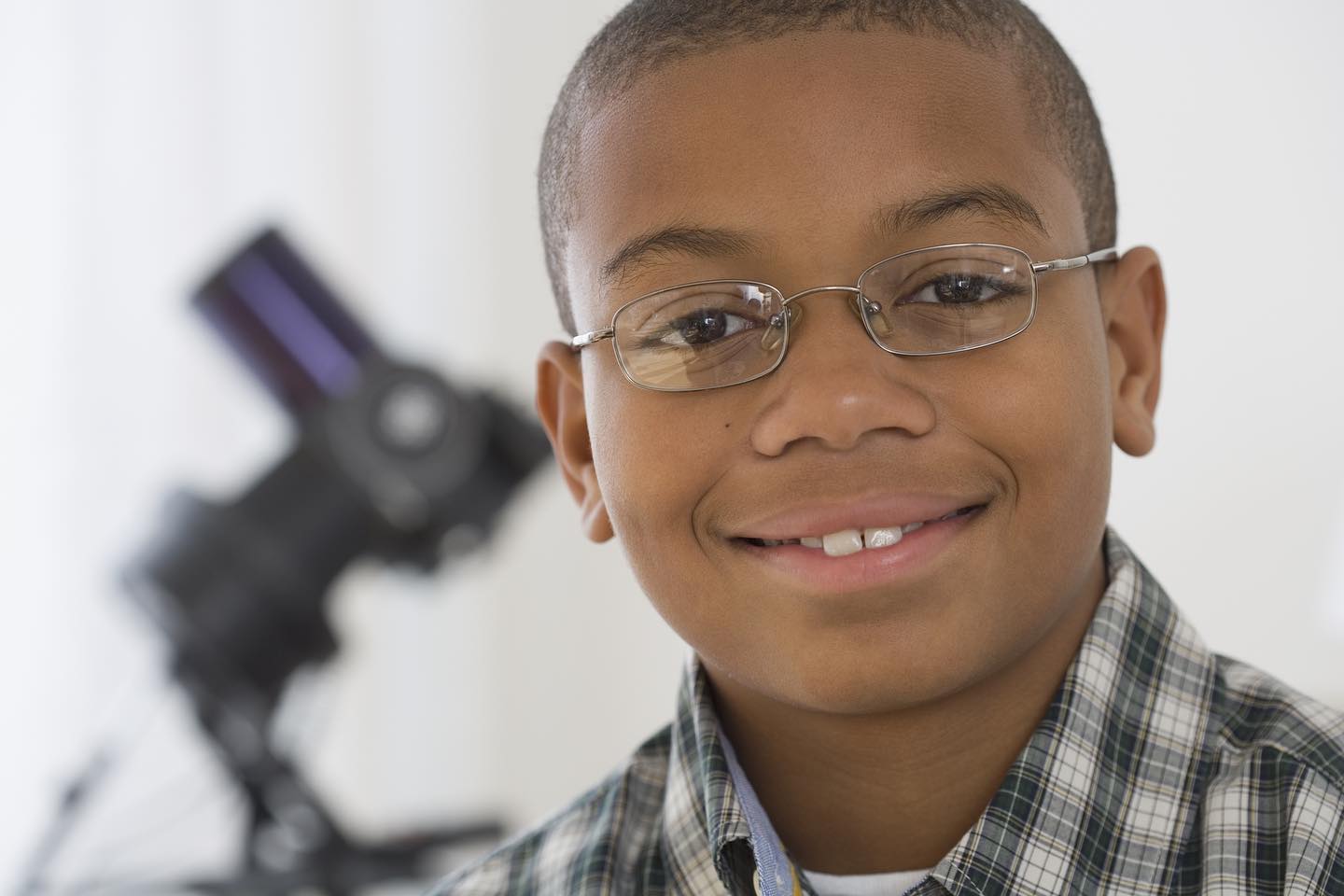Welcome to our Myopia Clinic!
What is Myopia? According to Dr. Lauretta Justin, Myopia, also known as nearsightedness, is the inability to see at far distances. Myopia is now considered a disease because when left untreated it can progress and may cause vision threatening conditions such as cataracts, glaucoma, retinal detachment, and maculopathy.
Myopia occurs when the shape of your eye causes light rays to bend (refract) incorrectly, focusing images in front of your retina instead of on your retina.
Nearsightedness may develop gradually or rapidly, often worsening during childhood and adolescence. Myopia tends to run in families.
Currently over 40% of the US population are myopic. It’s estimated that by 2050, 5 billion people will have Myopia (over 50% of the US population).
To learn more about our Myopia Solutions, click HERE or text us at 407-292-9812 to schedule an appointment.
The main risk factors of Myopia
The main risk factors are having parents that are myopic, your ethnicity and environmental influence/increase in screen time on digital devices. This rise in myopia has also caused a rise in public awareness and the number one question is how to control this condition.
Myopia Prevention
Recent studies suggest a straightforward reason for skyrocketing rates of myopia in children: they aren’t spending enough time outside! Before modern times, when children spent most of their time out under the sun, it’s believed that the bright, natural light helped developing eyes focus correctly. While there is no proven direct link, research suggests that children who spend more time indoors doing near-focused activities (such as computer work, video games, and reading) have higher rates of myopia than those who spend more time outdoors.
Top 4 Treatment Solutions to control Myopia
At Millennium Eye Center, our mission is to Mentor, Empower and Care for you so you can maintain a clear 20/20 vision for life. One of the ways we fulfill this mission is to offer you the best eye care services and products you need keep your eyes healthy. For example, we offer several treatment options to control or manage of the most common vision problem, Myopia. The main goal of these therapeutic options is to SLOW the progression of Myopia, so that vision is preserved and sight threatening condition is prevented.
In our myopia control clinic, our doctor will help you determine the best treatment option that’s right for you. This include the following treatment options: Eyeglasses, Contact Lenses, Orthok, Low Doze of Atropine Eye Drops.
- Eyeglasses for myopia control help because they allow the light to reflect on the correct part of the retina. Glasses for myopia are often created with a concave (curved inwards) lens, which moves the focus of the light to help you see clearly.
- Multifocal Soft Contact Lenses for myopia control are created with a special multi prescription design and are worn daily like regular soft contact lenses. The unique design allows these lenses focus light in the periphery of the eye to slow the growth of the eye, different from a basic contact lens whose only benefit is to allow you to see better while wearing them.
- Orthokeratology (Orthok) Therapy temporary reshaping of the cornea (usually overnight) with specially made rigid contact lenses, in order to correct myopia. These are specialty molds that act as a “retainer” for your eyes. They are worn during the night and reshape your cornea to temporarily reduce the amount of myopia during the day. This allows your child to see clearly at distance without needing daytime contact lenses or glasses.
- Atropine is a prescription eye drop which is taken every night at bedtime. This therapy temporarily dilates your pupil to temporarily relax the focusing mechanism of the eye and slow myopia from progressing too quickly.
How to get started?
 To get started with our Myopia Clinic, click HERE or text us at 407-292-9812 to schedule an appointment with our Myopia Control Expert, Dr. Lauretta Justin.
To get started with our Myopia Clinic, click HERE or text us at 407-292-9812 to schedule an appointment with our Myopia Control Expert, Dr. Lauretta Justin.
About the Author
Dr. Marie Lauretta Seide-Justin (Dr. Lauretta Justin) is known by her patients as the most caring, passionate, and dedicated eye doctor–someone who is totally committed to helping others. She’s famous for her mission to mentor, empower and care so people like you can maintain clear vision for life; and to prevent unnecessary loss of sight through education, awareness and providing integrative eyecare and wellness solutions. She uses her unique practical and down-to-earth approach to help people see better to live better. Her message is simple and without any hidden agenda, helping you see clearly to enjoy life on your terms.
Dr. Lauretta is the founder, President and CEO of Millennium Eye Center where she practices optometry. She is licensed and board-certified to practice optometry in the State of Florida. She earned her Doctor of Optometry (O.D) degree from the prestigious New England College of Optometry with clinical honors. She completed her Bachelor of Science degree in Biology at Montclair State University in New Jersey. She is listed in the 2011 edition of the Heritage Registry of Who’s Who. She is a proud member of the American Optometric Association, the Florida Optometric Association, the Central Florida Society of Optometric Physicians. She’s the founder and president of Optometry Divas®, and the creator and writer of the CEO of YOU® Business Solutions featured in the Women In Optometry Magazine.

